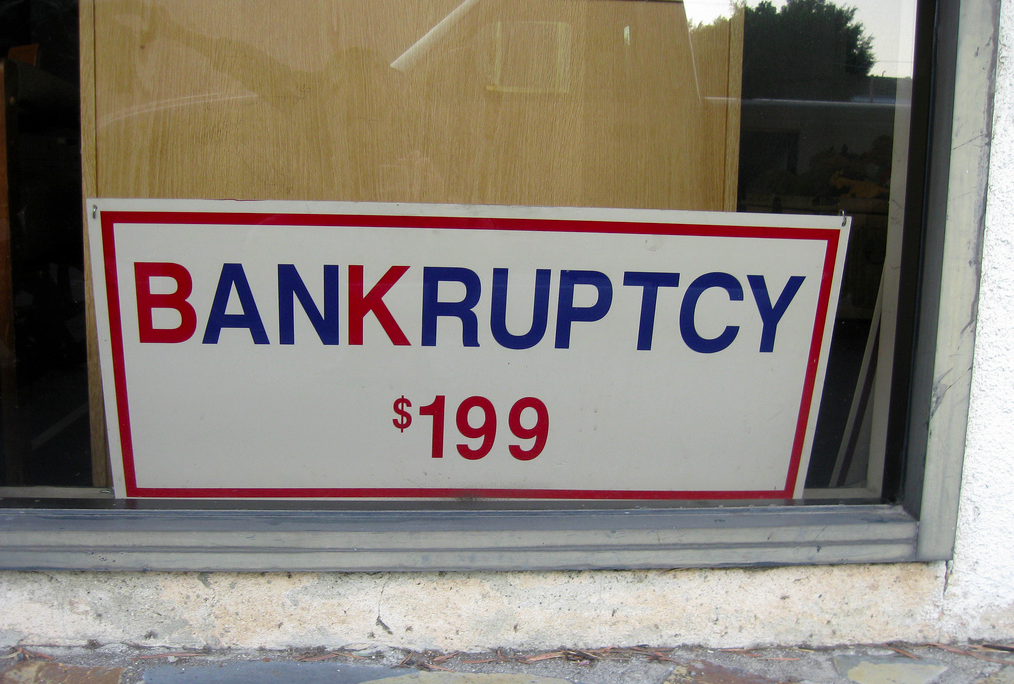Washington is paralyzed by snow and partisanship. Nothing is getting done — even as the Great Recession pulls more Americans into its maw.
In the midst of this paralysis, the President was asked about the giant pay packages of Jamie Dimon, CEO of JP Morgan Chase & Co. ($17 million for 2009) and Lloyd Blankfein, CEO of Goldman Sachs ($9 million). “First of all, I know both those guys,” Obama said. “They’re very savvy businessmen. And I, like most of the American people, don’t begrudge people success or wealth. That’s part of the free market system.”
Free market system? As I remember it, American taxpayers forked out hundreds of billions to keep JPMorgan, Goldman, and other big Wall Street banks afloat through most of 2009. Had we not done so, Dimon, Blankfein, and most other top executives on Wall Street would not have earned a dime last year. In fact, some would be out on the street, reather than sitting pretty on the Street.
The free market system has been unleashed instead on average Americans. According to real-estate data firm First American CoreLogic, about one-fourth of American households with a mortgage are under water — owing more on their homes than their homes are worth. Mortgage-bond trader Amherst Securities estimates that 7.1 million of the 7.9 households now behind on their mortgage payments will lose their homes to foreclosure if nothing is done to modify their loans. Already cities and towns are littered with foreclosure sales, pulling down the values of all homes in the area.
Jamie Dimon, Lloyd Blankfein, and most of the rest of Wall Street don’t worry about what’s happening to homes on Main Street because their savings are invested in stocks and bonds. But most middle-class Americans do worry because most (if not all) of their savings are in their homes. As home values continue to slip, average Americans’ one big asset is shrinking.
The best way to help reverse this downward slide would be to let bankruptcy judges restructure shaky home mortgages, reducing what borrowers owe. The problem is, the big banks hate this. If mortgages could be restructured this way, the banks would take big hits. They’d be forced to cut the amounts owed by borrowers. They figure they do better by squeezing as much as they can out of distressed homeowners, then collecting as much as they can on foreclosed properties.
So, not surprisingly, the big banks have been mounting a major lobbying campaign to block legislation that would allow homeowners to use bankruptcy.
Bankruptcy has been part of the “free market system” for hundreds of years, but its details are determined through politics — the same politics that arranged the $700 billion bailout of Wall Street. In fact, you might say that during 2009, Wall Street went through its own kind of bankruptcy restructuring, with the generous aid of American taxpayers. JP Morgan Chase, Goldman Sachs, Morgan Stanley, Bank of America, Citigroup and Wells Fargo, along with their top executives, traders, and major investors, have benefited handsomely.
Now, a quarter of American homeowners need help restructuring their loans, but Wall Street is blocking the way.
Rather than defending the outsized paychecks of Dimon, Blankfein, and the rest of Wall Street as part of the free market system, the President needs to demand that Wall Street help homeowners on Main Street. The Obama White House should have made this a condition of getting the giant bailouts in the first place. The least it can do now is to is to make the free market system work for everyone.

